Quick Links

New fiscal year: Here’s what taxes go up July 1
Starting July 1, New Jersey employers and workers will start paying back into the state unemployment system, which paid out tens of billions of dollars in benefits amid the COVID-19 pandemic.
The rates are spread over the course of three years to avoid a sticker shock for employers and a bill amounting to hundreds of millions of dollars. Both the employee and the business are on the hook for that tax money.
A clean-up bill sent to Gov. Phil Murphy’s desk on June 30 – Senate Bill 3714 – ensures that nonprofits have access to that same extended schedule. But business groups contend that the tax increases could have been avoided completely, had Murphy and state lawmakers agreed to inject any of the billions of dollars in spare cash as part of this year’s $46.4 billion state spending plan, which also goes into effect July 1.
“The payroll tax increase that we could prevent is going to hit employers just one week from today,” Senate Republican Leader Thomas Kean Jr., R-21st District, said last week. “That is absolutely unconscionable. For the record, it did not have to be this way.”
Strictly speaking, the two are not related, even though they both take effect on the same day: the start of the new fiscal year.
The current state budget is beefed up by $6.5 billion from the federal relief package under the American Rescue Plan, and $10 billion of surplus money.
The exclusion of any of those funds to replenish the state’s unemployment trust fund was “problematic,” said Christina Renna, who heads the Chamber of Commerce of Southern New Jersey, because the burden now falls on those businesses and their staff.
Who’s paying what?
The exact rate increases are dependent on facts such as employer size and annual earnings, and the overall size of the trust fund.
This year’s budget calls for $206 million in the unemployment insurance fund.
State leaders like Senate President Stephen Sweeney, D-3rd District, said that more funds coming out of the ARP pool could be forthcoming to replenish the unemployment fund.
Under the law Murphy approved in January, the increases will happen in 2021, 2022 and 2023. Starting July 1, the rate employers paid increased from column B – the second-lowest fee structure – and up to column C.
There’s column D, which the state hits on July 1, 2022, and the most expensive one, column E, which the state will hit on July 1, 2023.
“It really mirrors what we did in 2008 and 2009 when we had the financial crisis,” said Mike Egenton, who heads government affairs for the New Jersey Chamber of Commerce. “We were very stable, the [unemployment] fund was doing well,” but “because of the pandemic, it got completely wiped out.”
The increased rates outlined under those columns will phase out as the unemployment trust fund is refilled, Egenton said.
Rates did not go up in July last year because the rates had been set months prior when the trust fund had amassed enough cash to stay afloat before tapping into federal relief.
Without the law, the state would have automatically jumped from column B to column E.
Christopher Emigholz, vice president of government affairs for the New Jersey Business & Industry Association, warned that such a jump “would mean a tax increase amounting to many hundreds of millions of dollars for employers throughout the state — basically bigger than any individual tax increase on employers that Governor Murphy has proposed as part of” last year’s budget proposal.












